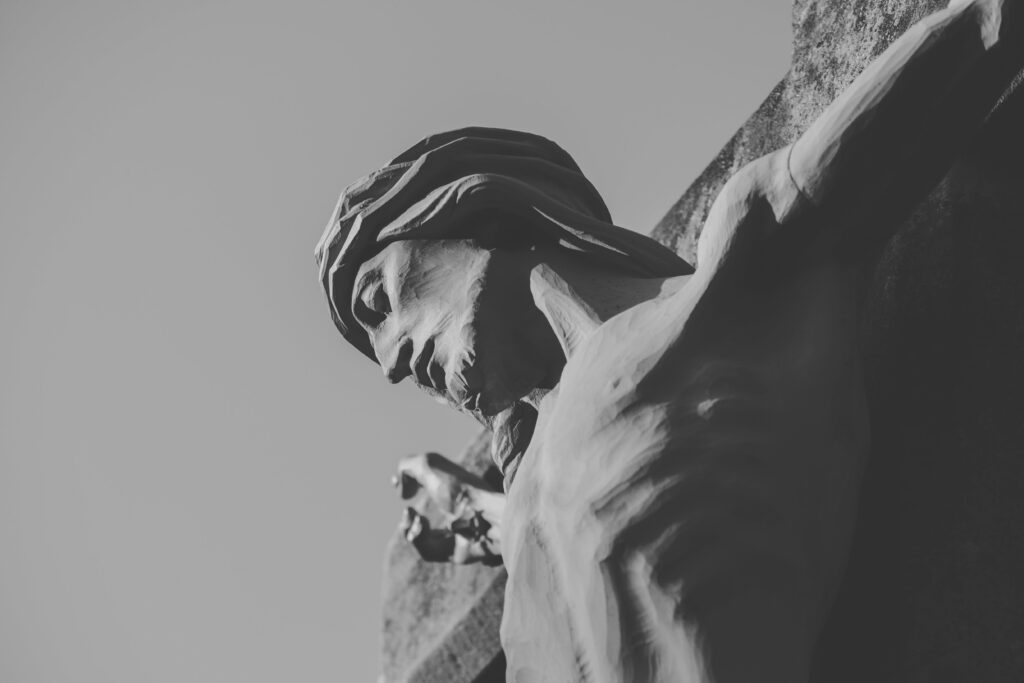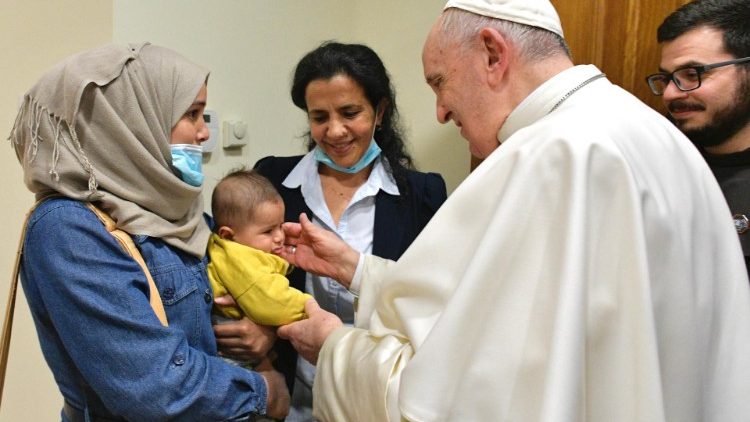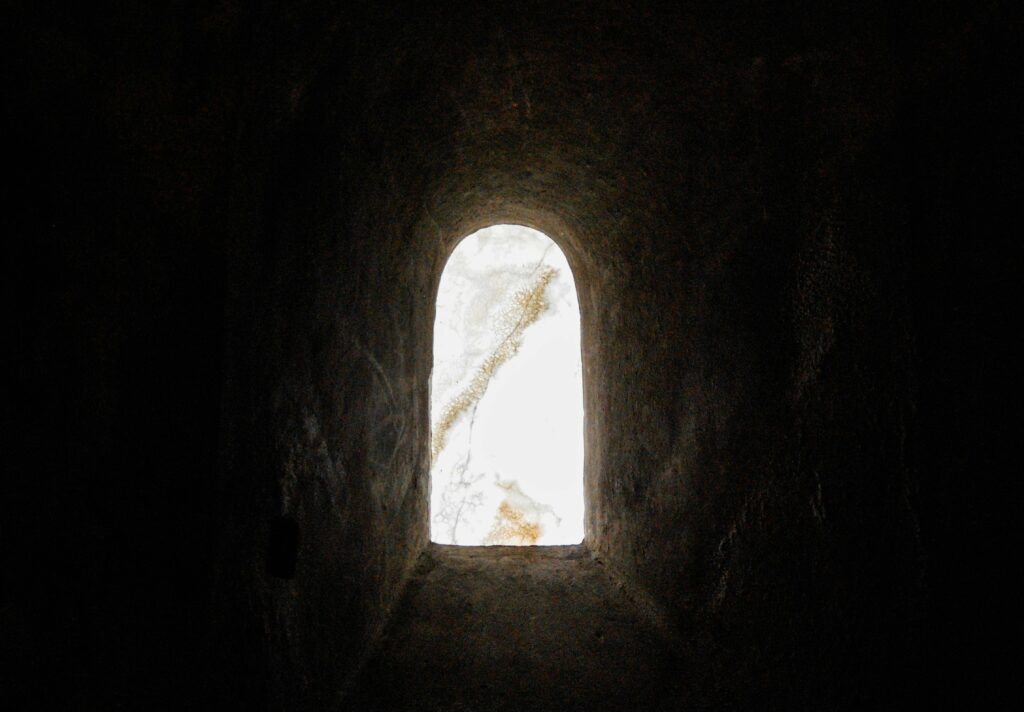Cardinal Arizmendi: Lent To Be Free
Let's take advantage of this Lent to free ourselves from our chains and be free

Cardinal Felipe Arizmendi, bishop emeritus of San Cristóbal de Las Casas and responsible for the Doctrine of Faith at the Conference of the Mexican Episcopate (CEM), offers Exaudi readers his weekly article titled “Lent to Be Free.”
***
LOOK
We are beginning Lent, a time of preparation to fruitfully celebrate Easter, the passage from death to life with the dead and risen Christ. On this occasion, Pope Francis has invited us to convert, to be truly free. But aren’t we free? Of what or who are we slaves?
When someone cannot live without a cell phone, they do not pay attention to others or their family, they do not rest, they do not read a book or the Bible, they do not study, they do not pray; not even at Mass does he turn it off, he is a slave to the cell phone.
When someone cannot do without alcohol, because drinking feels like another person, or because friends pressure him and he does not resist, he is a slave to alcohol.
When someone is obsessed with sexual pleasure, pornography, an extramarital relationship, and especially if they are a pedophile, they are a sex slave.
When someone feels that they are not worth if they do not buy things, even if they do not need them; if you don’t go out to have fun every weekend; If he feels the need to dress in fashion, to get tattoos like everyone else, he is a slave to himself and the environment.
When someone wants to have more and more money, and to do so he does not mind stealing, underpaying his employees, extorting, kidnapping, and even murdering, he is a slave to money.
When someone wants to win an electoral campaign based on insults and disqualifications of others, and if their objective is only power and money, they are a slave to bad politics.
And so many other slaverys that each of us can have! Lent is a favorable time to change our lifestyle, to become useful people to the community, to decide to be free.
DISCERN
Pope Francis, in his message for this Lent, tells us:
“Today, the people of God carry within them oppressive bonds that they must decide to abandon. God educates his people to abandon their slavery and experience the passage from death to life.
The exodus from slavery to freedom is not an abstract path. For our Lent to also be concrete, the first step is to want to see reality. Today the cry of so many oppressed brothers and sisters reaches heaven. Let’s ask ourselves: does it reach us too? Does it shake us? Does it move us? Many factors distance us from each other, denying the brotherhood that unites us from the beginning. Let’s ask ourselves: do I want a new world? Am I willing to break my commitments to the old man?
God doesn’t get tired of us. Let us welcome Lent as the strong time in which his Word addresses us again: “I am the Lord, your God, who brought you out of Egypt, from a place of slavery” (Ex 20:2). It is time of conversion, time of freedom. God does not want subjects, but children.
We can become attached to money, to certain projects, ideas, goals, to our position, to a tradition and even to some people. These things, instead of driving us forward, will paralyze us. Instead of uniting us, they will confront us.
It is time to act, and in Lent to act is also to stop. Stop in prayer, to welcome the Word of God, and stop like the Samaritan, before the wounded brother. The love of God and neighbor is one love. Not having other gods is stopping before the presence of God, in the flesh of our neighbor. Away with the idols that overwhelm us, away with the attachments that imprison us. Then the atrophied and isolated heart will awaken. Therefore, slow down and stop. In the presence of God we become sisters and brothers, we perceive others with new intensity; Instead of threats and enemies we find companions and traveling companions. This is God’s dream, the promised land to which we march when we leave slavery.
To the extent that this Lent is one of conversion, then lost humanity will feel a thrill of creativity; the glimmer of a new hope.”
ACT
You and I, to what or who are we slaves? Let’s take advantage of this Lent to free ourselves from our chains and be free. Let’s give ourselves times of personal silence to reflect on our own lives, let us not be afraid of silence. Let’s read some biblical text and set aside a few moments to be with God, in a church, or anywhere, without distractions. Let us do a good work for the poor, migrants, the sick, the elderly, the imprisoned, the handicapped, orphans, widows, etc. That is putting into practice the three classic works of Lent: fasting, prayer and almsgiving. This liberation will do us a lot of good. Do the test!
Related

Francis’s Legacy: The Church, a Field Hospital
Isabel Durán Doussinague
23 April, 2025
2 min

The Challenges of the Next Pope and the Path of Grace
Javier Ferrer García
23 April, 2025
4 min

Easter for a Life of Hope
Mario J. Paredes
21 April, 2025
4 min

Munilla: ‘Chronic Adolescence’ or ‘Maturity in Christ’
Exaudi Staff
21 April, 2025
3 min
 (EN)
(EN)
 (ES)
(ES)
 (IT)
(IT)

